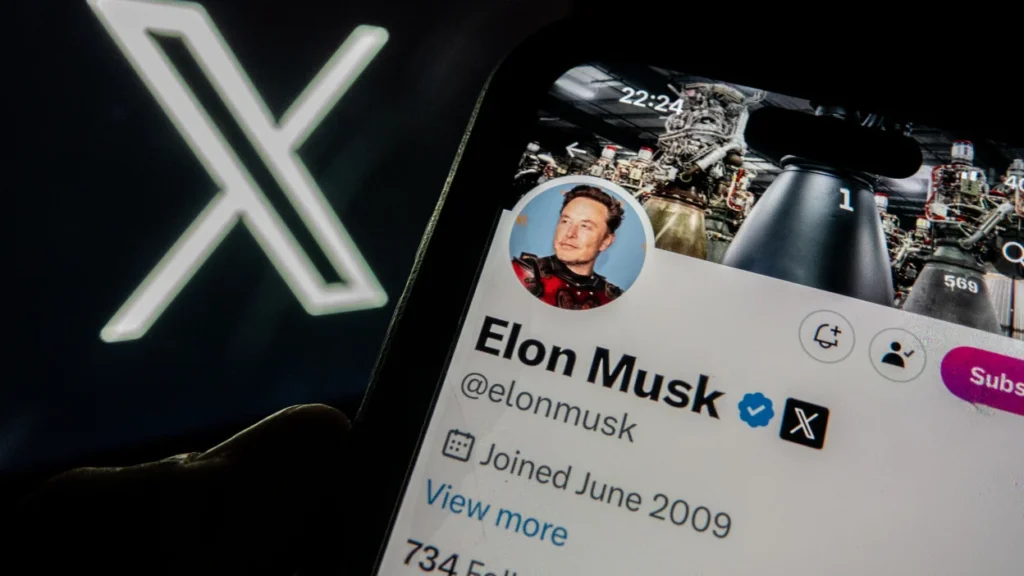X, the social media platform, is implementing stricter guidelines for parody accounts in an effort to reduce confusion and impersonation.
Effective April 10, accounts that impersonate another user or person will be mandated to include clear identifiers such as “fake” or “parody” at the beginning of their account names. Additionally, these accounts will be required to use profile images distinct from those used by the individuals they are representing.
The platform’s decision follows complaints from users regarding the ambiguity created by parody accounts, particularly those impersonating figures like its owner, Elon Musk.
“These changes are designed to help users better understand the unaffiliated nature of PCF accounts and reduce the risk of confusion or impersonation,” the company stated in a post on Saturday, encouraging affected account holders to update their profiles before the enforcement date. These new rules will also extend to fan and commentary accounts.
The announcement has been met with mixed reactions from users. “Hopefully this includes all the thousands of fake variations of Elon Musk accounts,” one user commented in response to X’s policy update. Another wrote, “About time, I get a fake Elon account contacting me almost once a week.”
A review of Elon Musk parody accounts on the platform by the BBC revealed a range of content, from memes and jokes to promotions involving cryptocurrency and car giveaways.
One such account, boasting over a million followers, recently posted, telling users to “like and comment” for the chance to win a Tesla, garnering significant engagement with 428,000 likes and over 200,000 replies.
X previously introduced labels for parody accounts in January, building upon existing rules that required users engaging in impersonation for entertainment purposes to clearly identify themselves as such.
These measures, along with the platform’s blue tick verification system, were presented as tools to prevent misleading impersonation while preserving free speech and discussion. However, the effectiveness of these tools has been questioned.
In July 2024, the European Union (EU) raised concerns that the blue tick verification system potentially breached its online content rules, suggesting that “verified” blue tick accounts could “deceive” users. Musk dismissed the EU’s assessment as “misinformation.”
Following his acquisition of the platform in November 2022, Musk had stated that accounts engaging in unlabeled impersonation would face bans.
While many parody accounts on X currently identify their nature in brackets at the end of usernames, this method is not always foolproof.
If a parody account’s name is lengthy and only a truncated version appears in feeds or replies, users can be inadvertently misled, especially if the account’s profile picture mirrors that of the genuine individual.
The new policy aims to address these shortcomings by enforcing clearer and more immediate identification of parody accounts.

